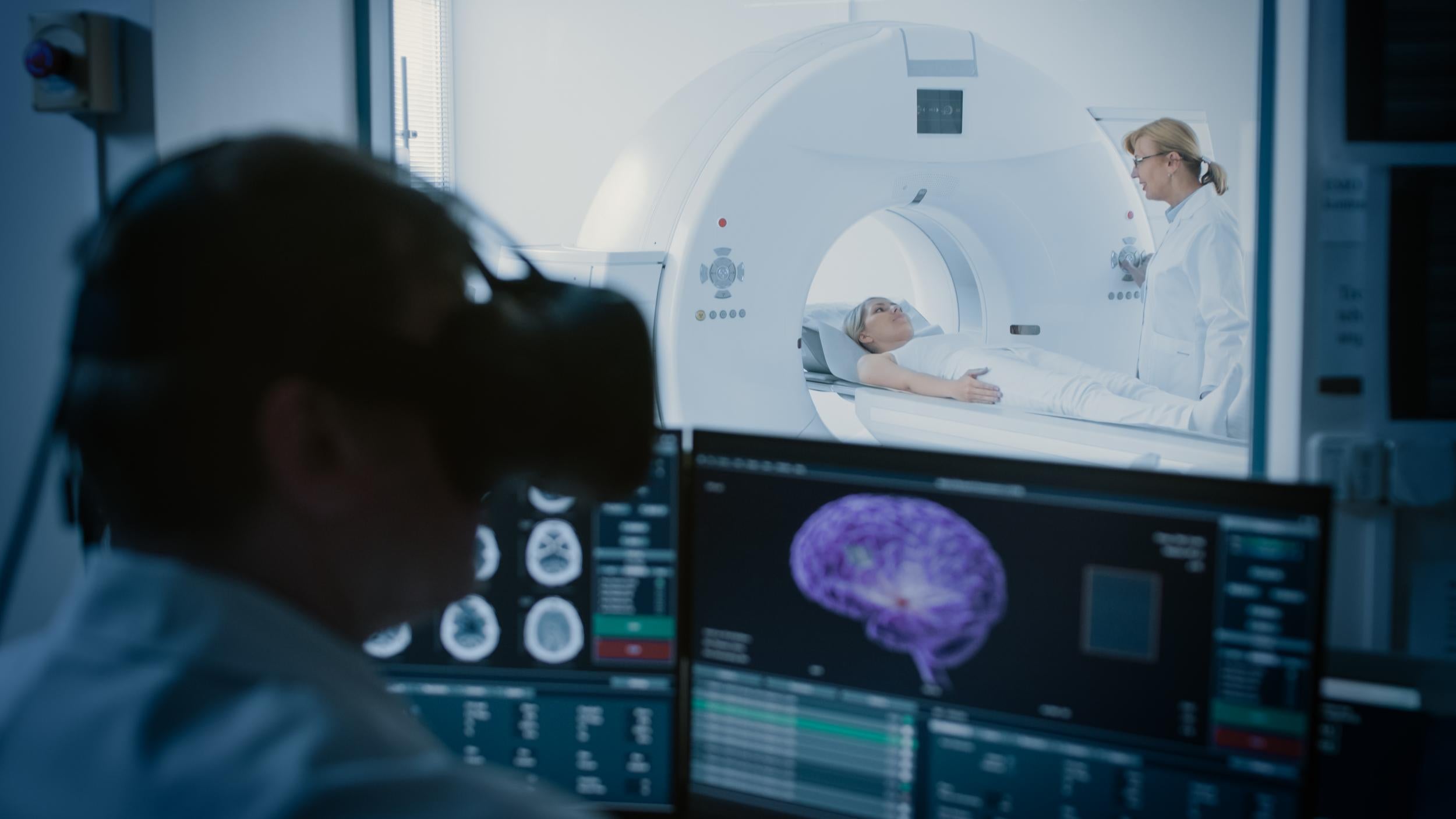UK will continue to trail other nations on lung cancer survival without major investment, experts warn
The disease kills around 35,000 Britons a year – and diagnoses have risen by a quarter in the last decade

The UK will fall even further behind other wealthy nations for lung cancer survival rates without major investment, experts have warned.
The five-year survival rate for patients in Britain stands at about 15 per cent compared with over 20 per cent in Australia, Canada and the United States.
Now experts from the University College London School of Pharmacy have warned that the NHS must invest more in earlier diagnosis and treatment otherwise improvements in other countries will surpass advances in the UK.
They say the UK should be aiming to hit a 25 per cent lung cancer survival rate during the 2020s, rising to 35 per cent by 2030.
Lung cancer kills around 35,000 people a year in the UK – an increasing number of whom are women – and the numbers being diagnosed have risen by almost a quarter in the last 10 years.
Professor Charles Swanton of the UCL Cancer Institute, the Crick Institute and Cancer Research UK, where he is chief clinician, said: “Establishing CT scanning programmes across the UK focused on those at high risk of lung cancer to allow early disease detection and open the way to optimal early surgical treatment is an immediate priority that in Britain could save over 5,000 lives every year.”
While UK cancer survival rates have improved, with death rates among children and adults now half the level of that in the 1970s, cancer still kills 165,000 people a year.
NHS England has said it wants to diagnose 75 per cent of all cancers in the early stages by 2028 and increase screening and earlier diagnosis with 55,000 more people a year surviving for at least five years.
Professor David Taylor, from the UCL School of Pharmacy, said: “The NHS has struggled to close the cancer survival gap. It needs to set ambitious outcome targets for the 2020s. Earlier diagnosis coupled with rapid and well coordinated treatment provision is part of the answer.
“But as more effective ways of controlling advanced cancers become available, the health service should ensure that there is flexible and timely access, for patients of all ages and social classes in all parts of the country, to the full range of diagnostic, surgical, radiotherapeutic and drug interventions needed for achieving individual clinical care excellence. This is a desirable and affordable goal for our publicly funded health care system.”
Improvements the experts want to see include artificial intelligent diagnostics and focus on enhancing the care and survival for older patients.
Their policy manifesto also recommends an independent review of how advances in cancer treatment are valued and paid for by the NHS, with a focus not just on the cost of medication but also on the economic and health gains over future years after treatment.
Although cancers cause almost a third of all UK deaths, the latest report estimates just 7 to 8 per cent of NHS resources are spent on cancer care of all types.
Professor David Baldwin from Nottingham University Hospitals Trust, a member of NHS England’s clinical expert group for lung cancer, said: “The main reasons why British cancer outcomes have lagged behind those reported in the world’s best performing nations have not to date been because of poor availability of cutting-edge medicines. In areas like lung cancer care, the NHS’s problems have centred more on delayed diagnoses, poor co-ordination of care pathways after the initial identification of disease and undue variation of standards of care between different parts of the country.”
He added: “We can realistically aim to double five-year lung cancer survival rates during the 2020s and at the same time enhance the quality of life experienced by people with lung cancer and their families. To do this we must focus more on ensuring nationwide NHS care consistency across the whole spectrum of intervention, from screening and accurate diagnosis to definitive treatment, and when needs be palliative and end of life care.”
Subscribe to Independent Premium to bookmark this article
Want to bookmark your favourite articles and stories to read or reference later? Start your Independent Premium subscription today.

Join our commenting forum
Join thought-provoking conversations, follow other Independent readers and see their replies